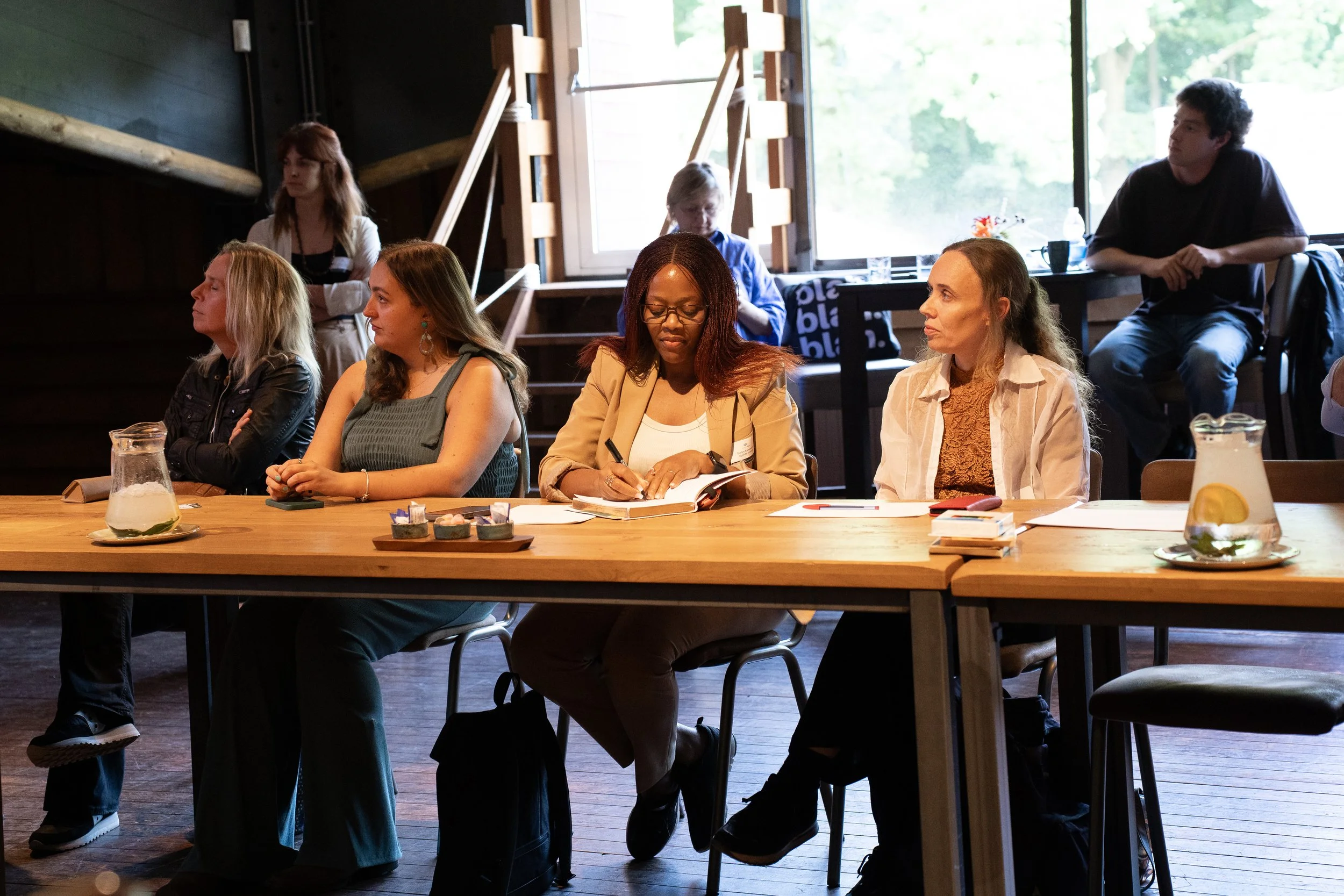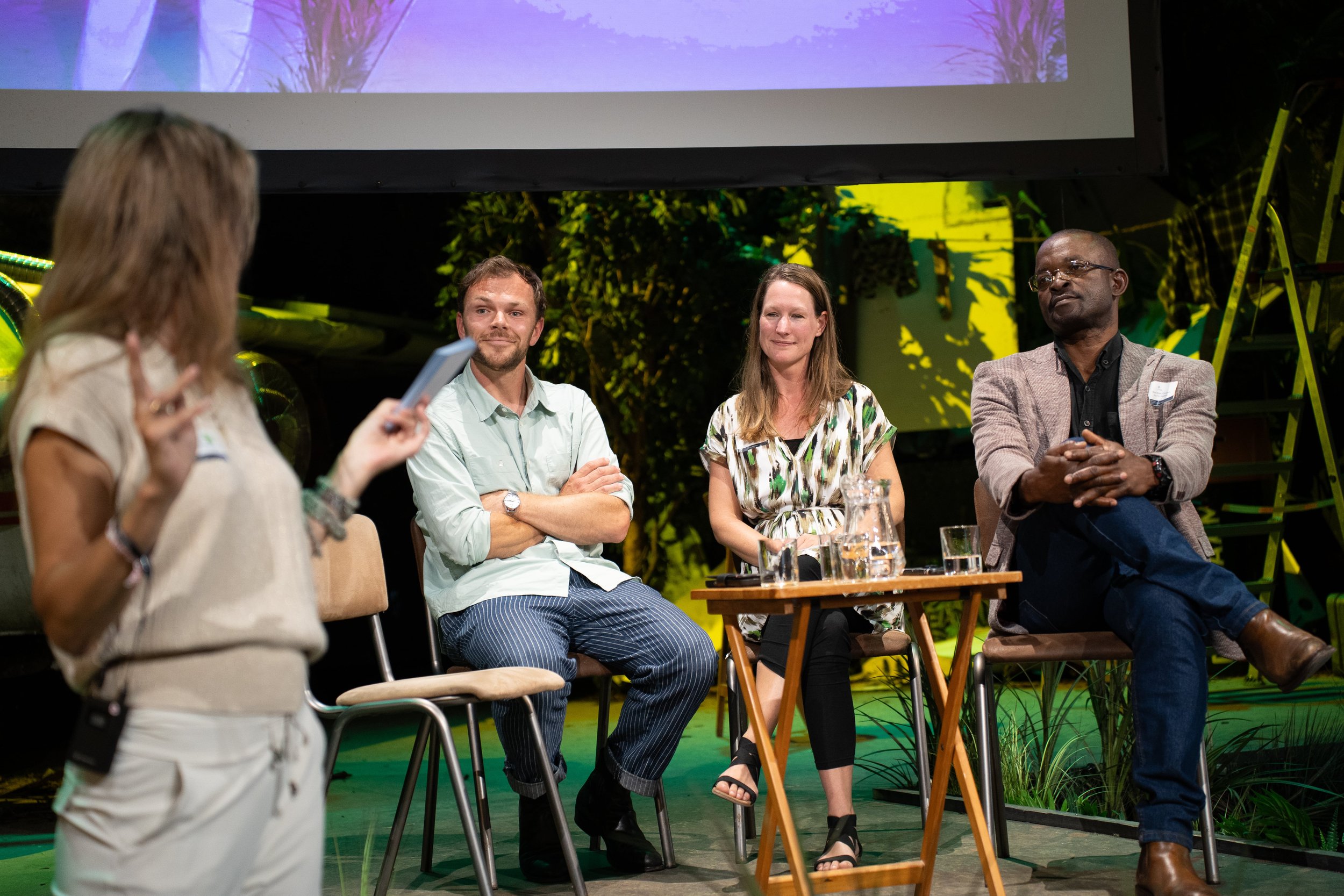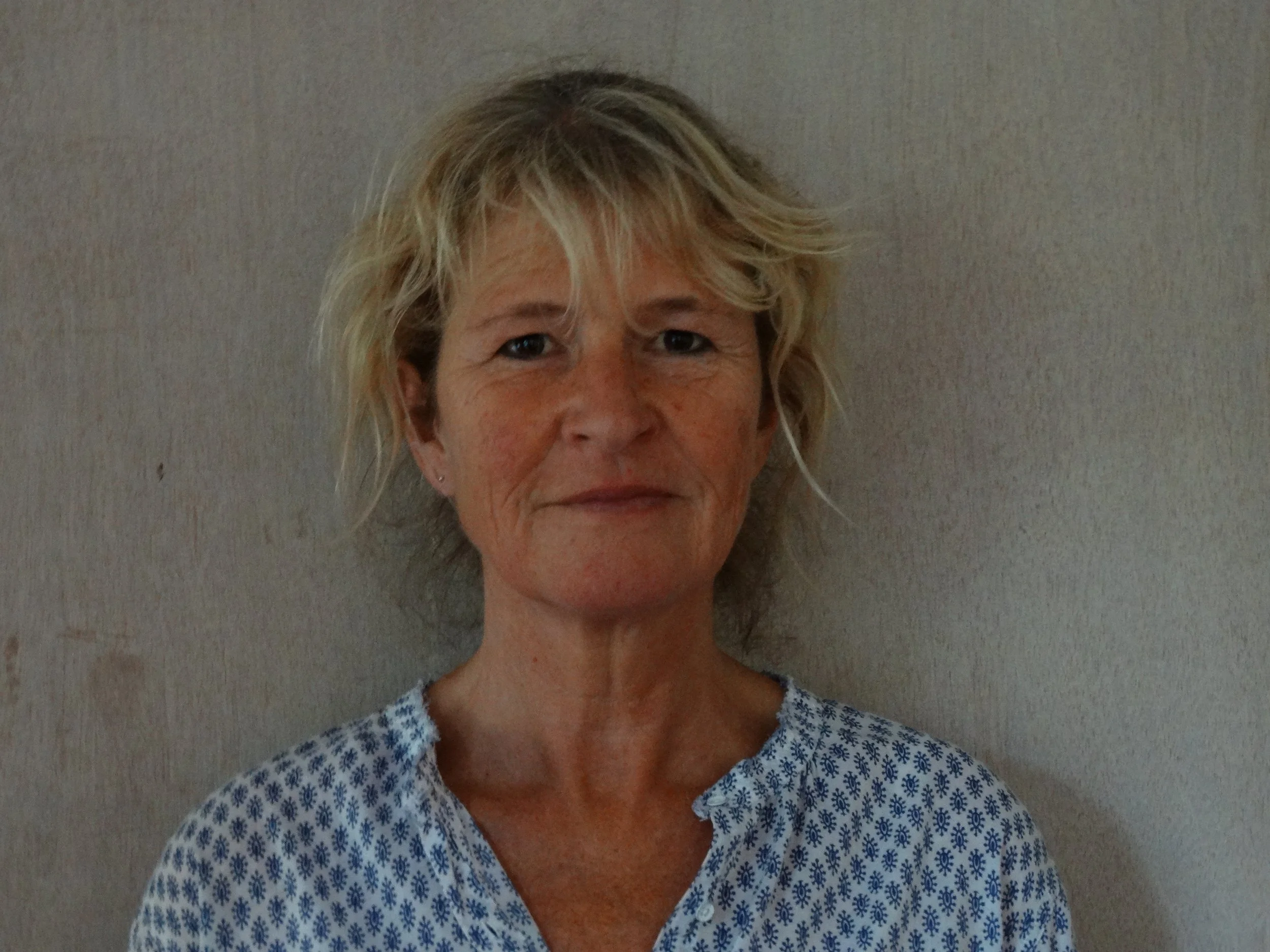Nature FIRST Conference 2025
Programme & Highlights
The Nature FIRST Conference took place on 25–26 June 2025 at Ouwehands Dierenpark in the Netherlands. Over two days, conservationists, researchers, policymakers, and innovators came together to share tools, ideas, and strategies for protecting biodiversity in Europe and beyond.
The conference may be over… but the momentum continues. Below you’ll find recordings of key sessions, downloadable workshop presentations, and ways to stay in touch with the Nature FIRST community.
-
09:00 – 09:30 | Welcome Coffee & Registration
09:30 | Welcome Words – Nature First Executive Directors and Ouwehands Zoo Foundation
09:50 | Keynote Speech – Fred Stolle: Director Impact Land & Carbon Lab, World Resources Institute
10:15 | Panel Discussion: From Tools to Action – Scaling Conservation Solutions for Global Impact
Summary: “The role of a research and innovation programme like Horizon Europe is to stimulate collaborative research and development to Technology Readiness Level 9 (Actual system proven in operational environment). This however is no guarantee of actual uptake, that tools will be put to action - let alone lead to (global) impact. How do we move from innovation to real-world application? This panel brings together leaders from research, technology and practice to explore what it takes to scale conservation tools that work – from field-tested mapping platforms to biodiversity monitoring systems. With voices from WRI, Naturalis BMD, 3edata and Sensing Clues, expect practical insights and global perspectives.”
Panelists: Jan Kees Schakel (Sensing Clues), Boris Hinojo (3eData), Fred Stolle (WRI), Niels Raes (Naturalis)
Moderator: Linda van Duivenbode11:20 – Workshops Block A (Breakout Sessions):
1 - Wildlife Crime Scene Investigation: Best Practice in Bear Poaching Cases
Summary: “This workshop will outline the current situation of bear poaching cases in Bulgaria including some of the motivators and challenges. Crime scene analysis of these scenes can be challenging and without prior training and knowledge, important evidence may be lost, missed or the scene not even processed at all. The aims, strategies, methods and challenges of processing a bear poaching crime scene will be described and participants will then get the opportunity to test their skills on a mock crime scene. The value of different forms of evidence will be discussed, along with best practice in crime scene analysis. Experiences and reflections of those involved in detecting and helping to process these scenes will described and there will be a chance for participants to discuss their own experiences and ideas.”
Host: Claire Gwinnett (University of Staffordshire) + Bulgarian Academy of Science
2 - Monitoring Landscape Changes: Environmental Time Series
Summary: “How does a landscape evolve over time, and how does its current state compare to the status quo? Many researchers explore these questions, but perhaps a more important one is: How do we bring the outcomes to the right people? Join us for an interactive session to find the answers together.”
Host: Melanie Arp (Geospatial Data Scientist at Sensing Clues) & Mitchell Boer (CorrelAid)
3 - Exploring the Practical Use of Innovative Technologies in Biodiversity Monitoring by Kumbe Biodiversity
Summary: “New technologies for biodiversity monitoring have been in development for years, yielding impressive results. However, how well do these tools perform in real-world conditions—particularly in remote locations like the tropical forests of East Africa? In this workshop, I will present real-life examples from the field in Tanzania, highlighting both the challenges we encounter and the advantages that innovative technologies can bring.
We invite you to join the conversation and share your own field experiences. Are they similar or vastly different? Together, we’ll explore what improvements or solutions could help adapt these technologies to the often harsh and unpredictable environments in which they are deployed.“
Host: Judith Dekkers (Kumbe Biodiversity)
12:20 | Lunch + Exhibition Stroll
13:35 – Workshops Block B (Breakout Sessions):
1 - Guided tour to the Bears In Mind bear sanctuary
Summary: “Ouwehand Zoo Foundation and Bears in Mind will present the role of the Bear Forest sanctuary in wildlife rescue and public education. They will explain how ethical care of rescued bears supports broader conservation goals. After the presentation, participants will be guided through the Bear Forest to see the sanctuary in practice and discuss its impact on conservation awareness and human-wildlife coexistence.”
Host: Jose Kok (Ouwehand Zoo Foundation) and Ingrid Vermeulen (Bears in Mind)
2 - The Road Towards Predicting Sturgeon Migration
Summary: “Combining research on a digital twin for Beluga sturgeon with GIS expertise has put sturgeon migration on the map. Wrap it all into a web application, and you have a promising tool to support the sturgeon conservation unit in the Danube Delta, Romania. Join us for a glimpse into the collaborative process – and a chance to try out the tool yourself.”
Host: Hosts: Melanie Arp (Sensing Clues), Marian Mierla (DDNI), Stefan Hont (DDNI), and Anna Davison (Wageningen University & Research)
3 - From Information to Understanding: Rethinking Conservation Communication
Summary: "Every message we share in conservation carries weight. It helps shape how people understand an issue, how they respond to it, and how it fits into broader conversations. Communication can build trust and drive engagement, but it also comes with choices. What we emphasise, how we frame it, and where we share it all influence how the message is received.
This session explores the practical role of communication in conservation. It invites participants to reflect on how stories are shaped and what effects they may have, from building local trust to influencing public awareness or interest. We will also look at how the perceived value of a message, including its relevance or resonance in different settings, can affect which topics receive more attention." (read more)
Host: Kacia Rutkoŭskaja (Author at DotSpace), Iva Toncheva (PR & Communication Expert), Stefania Volani, Kyle Luca Jewell and Simona Capelli (Researchers at University Trento and part of the TransWILD Project)
14:40 | Networking Coffee
15:35 | Panel Discussion: Co-creating the Future – Partnerships for Biodiversity Preservation
Summary: “What holds back collaboration in a sector that shares the same goals? Why do NGOs often compete rather than align? This panel explores how conservation efforts can become more effective through better partnerships. A video message from Laurens Gomes sets the stage with a call to shift from isolated solutions to systemic thinking. Panelists bring different angles on how cross-sector partnerships scale funding and impact; the role of trust and psychological safety in community engagement; and how technology can reduce competition by diversifying funding pathways. With audience interaction and practical examples, this session invites critical reflection on how we can work together more effectively to preserve biodiversity”
Panelists: Thirza Loffeld (WildHub), Mike Odenhoven (SumThing.org), Martin Spitholt (Sustainable Scale-up Foundation), Michael O'Brien-Onyeka (Nature4Justice)Moderator: Sonja van Meerbeek (Sustainable Scale-up Foundation)
17:15 | Opening Dinner Speech by Martine van Zijl Langhout (Wildlife and zoo vet at Artis Amsterdam and Author 'Over Leven in het Wild’)
17:30 | Vegetarian Dinner
19:00 | Conference Party
-
09:00 – 09:25 | Welcome Coffee
09:35 | Keynote Speech – Gladys Kamasanyu (Chief Magistrate with the Uganda Judiciary)
10:10 | Panel discussion: Wildlife Crimes: From Cause to Court
Panelists: Claire Gwinett (Forensics Professor at University of Staffordshire), Gladys Kamasanyu (Chief Magistrate Uganda Wildlife Court), Greg Simpson (Wildlife Forensic Academy) & Cristian Remus-Papp (WWF Romania)
Moderator: Sonja van Meerbeek (Sustainable Scale-up Foundation)11:10 – Workshops Block C (Breakout Sessions):
1 - Training Strategies in Wildlife Crime Scene Investigations: Experiential Learning and Future Possibilities
Summary: “This workshop will introduce participants to the different strategies that can be used to train and develop skills in wildlife crime scene investigations; from using experiential learning techniques to mock crime scenes and CSI toolkits! This workshop will introduce the approaches used by University of Staffordshire (UK) and the Wildlife Forensic Academy (SA) who have been developing training methods in wildlife crime investigations for nearly 20 years. It will introduce the Train the Trainer programme developed during Nature First and also hear from those who are rolling these approaches out across Europe. New methods in training and personal development in wildlife crime scene analysis will be discussed including the development of a new toolkit for rangers and law enforcement who are tasked in processing wildlife crime scenes. Practical advice will be provided to those who are or plan to deliver training in this area.”
Host: Claire Gwinnett (University of Staffordshire) and Andro Vos (Wildlife Forensic Academy)
2 - Digital twinning in ecology: how could a real-time model help you?
Summary: “Discover how digital twins could be applied to your own work! With demos of the Crane Radar and Human-Bear Conflict Radar to get you thinking about the possibilities, in this collaborative session we will develop ideas for new digital twins based on your own needs and data.”
Host: Anna Davison (PhD candidate at Wageningen University) and dr. Koen de Koning (Professor at Wageningen University)
3 - Unlock your Conservation Data with Semantic Graphs and LLMs
Summary: “Conservation data often lives in silos – species inventories, camera-trap image collections, GIS layers, weather feeds, and more. For many professionals, answering even basic ecological questions can be time-consuming and error-prone. In this 45-minute workshop, we demonstrate how a semantic knowledge graph, powered by the GraphWise-enabled Sensing Clues platform, unifies these disparate data sources, links them to open data collections, and enables large language models (LLMs) to answer domain-specific questions – such as “In which habitats do we find the most red-listed species and the presence of the bear?” – while automatically generating traceable reports. Join us to see how semantic graph technology transforms fragmented files into a single, queryable knowledge fabric that accelerates science and decision-making – no graph theory deep-dive required.”
Hosts: Albin Ahmeti (Knowledge Engineer at Graphwise) and Jan-Kees Schakel (Founder Sensing Clues)
12:10 | Lunch + Exhibition Stroll
13:30 – Workshops Block D (Breakout Sessions):
1 - Habitat Mapping Model: A Step-by-Step Approach to Creating Useful Habitat Maps
Summary: "This workshop is designed for anyone interested in understanding how habitat maps serve as key tools for ecosystem and species conservation. Throughout the session, we will explore the essential tools and methodologies for creating accurate and effective habitat maps. We will also look at how monitoring changes over time can help track and protect habitats."
Hosts: Boris Hinojo (3edata), Yago Alonso Fernández (3edata), Federico Cheda (3edata), and Melanie Arp (Sensing Clues)
2 - Market Drivers for Nature Conservation (Serious Game Approach)
Summary: "In this workshop, participants will collaborate to develop sustainable market strategies that balance limited resources with conservation objectives of nature areas, effectively addressing real-world challenges and bottlenecks."
Host: Linda van Duivenbode (Senior Consultant DotSpace)
3 - What You Can Learn from the Bears? Guided Ouwehands Zoo Tour
Summary: This guided session takes you through Ouwehands Zoo, past several bear species such as the polar bear, and into the Bear Forest, where rescued brown bears live in a natural setting. Along the way, you'll learn how bears respond to changes in their environment, what their behaviour can tell us about stress, adaptation, and resilience, and how past captivity has shaped their lives. The session also explores wider themes, such as the effects of climate change and human activity on bear habitats. By observing the bears and hearing their stories, participants gain a better understanding of the practical challenges of wildlife conservation, the importance of long-term care, and what these animals can teach us about coexistence and environmental responsibility.”
14:30 | Networking Coffee
14:50 – Workshops Block E (Breakout Sessions):
1 - Innovative approaches to human-wildlife coexistence
Summary: “This session will delve into the complexities of human-wildlife conflict (HWC) and explore ways to achieve viable coexistence, with a focus on the future. Using practical case studies and digital technologies developed within the Nature First project, we will examine effective strategies that integrate stakeholder participation, education, and technological solutions. The aim of the session is to discuss how HWC mitigation principles that have been successful in various local contexts can be adapted and applied to other areas. We will explore the transition from HWC to HWCo (coexistence between humans and wildlife) by presenting a case study (Bear Smart Community) and innovative tools such as the Human-Bear Conflict Radar. We will conclude with a roundtable discussion on the future possibilities and practical application.”
Hosts: WWF Romania and the Bulgarian Academy of Sciences
2 - Biodiversity Monitoring: Inside the Conservation Innovation Hub
Summary: “Are you a GIS specialist, data scientist, modeller, researcher, or involved in mapping, reporting, or analysis for conservation? Or a passionate volunteer keen to co-create smart, data-driven solutions?
Join this fast-paced, interactive workshop where your real-world conservation challenges and ideas meet a live panel of ecologists, app developers, and data scientists. Together, you’ll pinpoint key pain points, explore three rapid-fire demos of tools already making an impact, and leave with clear, practical next steps.
You’ll also receive an invitation to the Sensing Clues weekly Online Sessions at the Conservation Innovation Hub - your space to collaborate, test ideas, and turn data into real conservation impact.”
Host: Jan-Kees Schakel (Founder Sensing Clues)
3 - Market Drivers for Nature Conservation (Serious Game Approach)
Summary: "In this workshop, we explore the outcomes of the workshop where we investigated market drivers. What decisions do people make and why? What can we do to demonstrate the value of technologies and tools that may seem disruptive or expensive?”
Host: Linda van Duivenbode (Senior Consultant DotSpace)
16:00 | Closing Keynote: Jose Kok (Ouwehands Zoo Foundation)
16:30 | Closing Reception with Drinks and Snacks
Agenda
Explore key insights from some of the conference workshops:
Across the two conference days, we had four separate workshop blocks. Each workshop lastED one hour, keepING group sizes small.
-
Takeaways:
- The session was designed as a hands-on workshop, starting with an introductory overview of the theory and concepts behind semantic technologies and knowledge graphs. This introduction highlighted how SensingClues and Graphwise tools can unify and harmonize disparate data sources, ultimately supporting the creation of a biodiversity knowledge graph.
- We provided an overview of the Nature FIRST Knowledge Graph, developed within the context of the research project.
- Participants from diverse backgrounds were divided into five groups. Using sticky notes, each group designed their own knowledge graph within a domain of their choice.
- In the next step, participants formulated competency questions that their knowledge graph could help answer.
- Finally, we demonstrated how Large Language Models (LLMs), through the "Talk To Your Graph" interface, can be used to answer competency questions in natural language by querying the Nature FIRST Knowledge Graph.
-
Here are a few key takeaways from the recent workshop on communications:
We had around 20 participants, with more than half coming from non-communications or non-media backgrounds.
The potential of communication is often underestimated. Yet, it can trigger a powerful chain reaction: Message → Engagement → Understanding → Trust → Support → Action → Change.
Media should be seen as a partner, not a barrier. They have access to broad audiences and can help bring visibility, context, and life to our work.
Through communication, we can bring together many different actors — governments, local communities, experts, and the public — around shared goals and solutions.
-
Takeaways:
The workshop focused on how habitat maps are essential tools for ecosystem and species conservation, providing participants with a clear understanding (step by step) of the methodologies and tools needed to create accurate and effective habitat maps.
There was strong audience engagement, with participants showing significant interest in the habitat mapping model. This was reflected in an interactive component where participants learned how to collect training points both through photointerpretation tools and fieldwork using the Cluey app. These training points are crucial for training predictive AI models, as they allow the model to learn to identify patterns and habitat features under various conditions, thereby enhancing the accuracy and reliability of the generated maps.
We discussed specific aspects of the habitat mapping model, such as the creation of post-machine learning reclassification rules tailored to the Area of Interest (AoI). This helps refine the mapping results for specific regions.
Future integration ideas were positively received, particularly the potential for incorporating change detection tools to monitor habitat changes over time and improve ongoing conservation efforts.
-
Takeaways:
We saw the main demand for digital twins in the realm of human-wildlife conflict/coexistence
Coproduction to engage the end users throughout the process is key to ensure the output is actually useful
-
Takeaways:
Having user-friendly interactive tools are essential in communicating complex models to decision-makers
Great results come from collaboration across different expertise!
-
Key takeaways:
Whilst ESG investing focuses on risk mitigation and mandatory reporting, impact investing focuses on creating positive external impacts and contributing to future change. This is often accompanied by tailor-made assessment methodologies and business models, creating new pathways for financing nature conservation.
Bregal Sphere is a nature-focussed impact investment platform, pioneering a new way of funding high-quality, best-practice nature-based solutions through their partnership with Conservation International.
Bregal’s first portfolio company, PUR, is a huge success story for the use of private capital for nature restoration and has recently signed a deal with Bregal to double the size of the Amazon’s Jubilacion Segura, directly demonstrating the measurable impact of this new partnership.
Inspiration can be drawn from other industry leading companies like Eolos and OroraTech, who have also leveraged private equity investors to scale their operations and environmental impact up to 10-fold.
There is a huge amount of untapped potential, capital, and motivation in the private equity industry, and nature innovation companies today can greatly benefit from opening their minds to these strategic relationships, for themselves, as well as for the environment.
Feel free to contact Bodie Grove with any questions or business inquiries at bodiegrove@icloud.com or +32 4 68347653
Panel Discussions
At the Nature FIRST Conference, panel discussions are designed to spark dialogue, challenge assumptions and connect ideas across sectors. Rather than one-way talks, these sessions are built for interaction, bringing together experts, practitioners and participants to reflect, question and shape the future of conservation together.
Our three key panels include:
From Tools to Action – Scaling Conservation Solutions for Global Impact
How do we move from innovation to real-world application? This panel brings together leaders from research, technology and practice to explore what it takes to scale conservation tools that work – from field-tested mapping platforms to biodiversity monitoring systems. With voices from WRI, Naturalis BMD, 3edata and Sensing Clues, expect practical insights and global perspectives.
Wildlife Crimes – From Cause to Court
From poaching hotspots to courtroom verdicts, this panel follows the full chain of wildlife crime. Panelists include investigators, forensic scientists and a wildlife court magistrate who will unpack the links between on-the-ground evidence and successful prosecution. Learn what it takes to build strong cases and why justice matters for conservation.
Co-creating the Future – Partnerships for Biodiversity Preservation
How can diverse organisations work together toward shared conservation goals? This panel explores the power of collaboration, from EU-level initiatives to community-driven action. We’ll discuss how partnerships are built, maintained and turned into lasting impact.
Exhibitions and Fair
Throughout the two conference days, Nature FIRST partners will host a booth inside the Jungle Restaurant, where you can learn more about their work, explore tools developed during the project, and have one-on-one conversations with experts. From real-time habitat monitoring to biodiversity knowledge graphs, you’ll find a mix of live demos, prototypes and interactive displays ready for your questions.
Outside, don’t miss the wildlife forensics zone, where you can walk through a mini outdoor crime scene, try your hand at dusting for fingerprints, compare footwear impressions, and test a new CSI toolkit designed for rangers across Europe. These activities are open to all, including the general public, and offer a fun and hands-on way to learn how forensic science supports conservation.
Whether you're interested in smart data, field tools or forensic innovation, the booths are your chance to get close to the work behind the conference and talk directly to the people making it happen.
Networking and Matchmaking Sessions
Our goal is to ensure that by the end of the conference, you’ll have established valuable connections and identified opportunities for new partnerships that can make a lasting impact on the conservation community. That’s why we’ve designed dedicated networking and matchmaking sessions to help you connect with like-minded professionals, potential partners, and experts from across the globe.
To further foster connections, we’ll be hosting a conference dinner and party after the first day of the event. This informal setting will give you the chance to connect on a different level, away from the conference rooms, and build relationships in a relaxed atmosphere. Share ideas, exchange experiences, and have fun while making the most of this unique networking opportunity.
Speakers and Presenters
-

Dr Jan-Kees Schakel
Founder of Sensing Clues, Scientific Director of the Nature FIRST Horizon Europe Research & Innovation Programme.
“Nature FIRST is a testament to innovation through collaboration. Together, we turn wild spaces into safe havens!!
-

Boris Hinojo Sanchez
Founder of 3eData, developer and project manager of Horizon Europe’s Nature FIRST, with expertise in technology-driven conservation.
“Remote sensing and local knowledge combined are key to nature conservation: let's team up at the Nature FIRST conference to take action. “
-

Dr Claire Gwinnett
Forensic scientist and professor at University of Staffordshire, specialising in forensic fibre analysis and environmental forensics, with a strong focus on applying forensic science to wildlife crime investigations.
“It’s time to prioritise wildlife crime investigations and prevention in all of its forms – from terrestrial to marine; this conference will start the next steps of this journey and bring together those who can make a real change”
-

Andro Vos
Founder and CEO of the world's first Wildlife Forensic Academy, which trains conservationists to tackle wildlife crime.
-
Gladys Kamasanyu
Chief Magistrate with the Uganda Judiciary and currently head of the Uganda Wildlife Court. Gladys is also the founder of Help African Animals, a nonprofit saving lives through influencing the human mindset and behaviour towards wildlife protection.
“The poor pay more for wildlife trade”
-

Judith Dekkers
Founder and Director of Kumbe Biodiversity, an organisation based in Tanzania providing transparent and innovative solutions for biodiversity monitoring.
-

Linda van Duivenbode
Independent consultant with a national and EU policy and business background. Expertise in translating innovation into operational applications through market research and development – bridging science and technology with market and policy.
“Let’s bring scientific and technological advancements into operational market and policy applications for biodiversity conservation.”
-
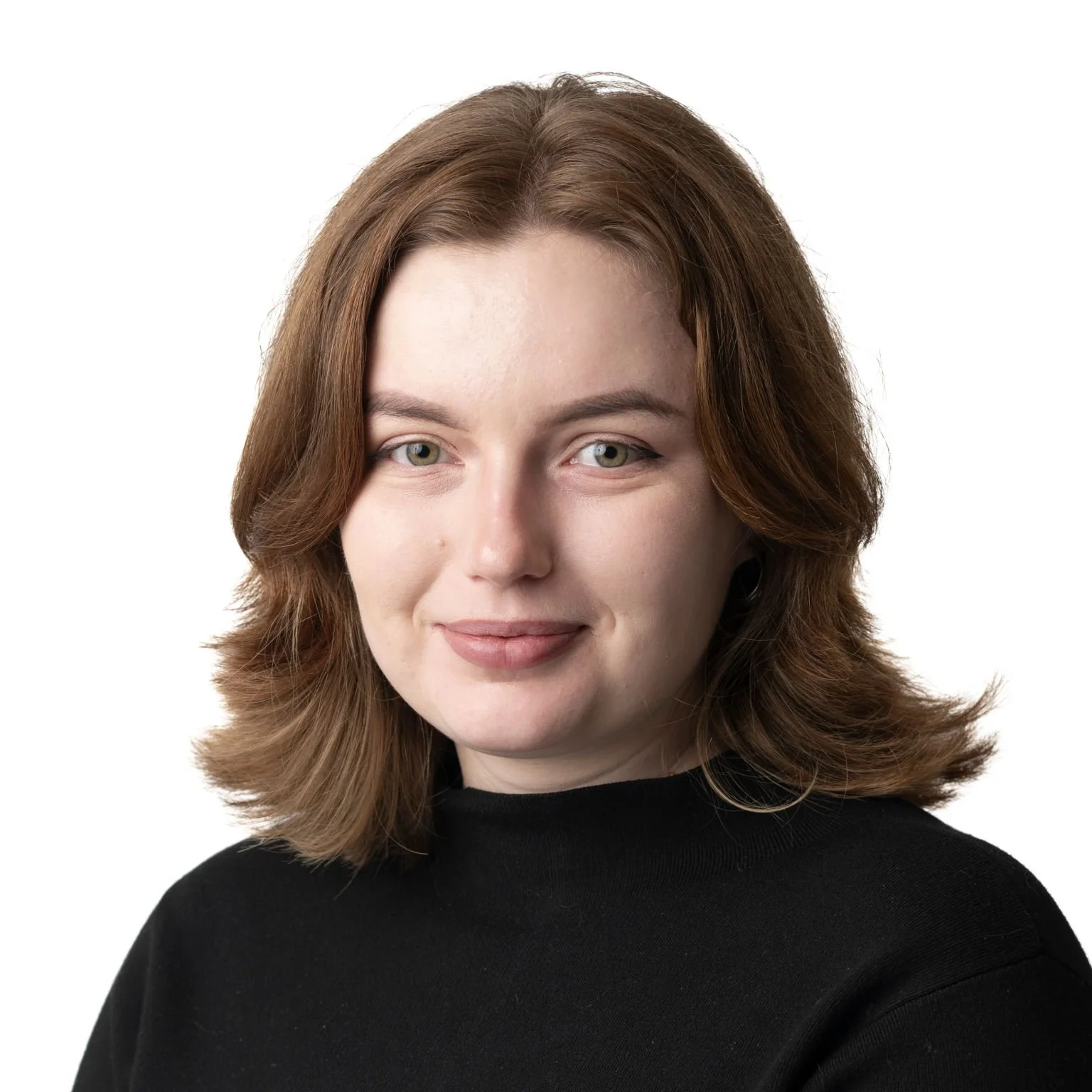
Kacia Rutkoŭskaja
Content Consultant & Social Media at dotSPACE foundation, media coordinator at Nature FIRST
“When we talk about biodiversity and nature conservation, we should also talk about how we communicate these topics. It’s not just about the messages or channels we use, but also about understanding the context we’re working in.“
-
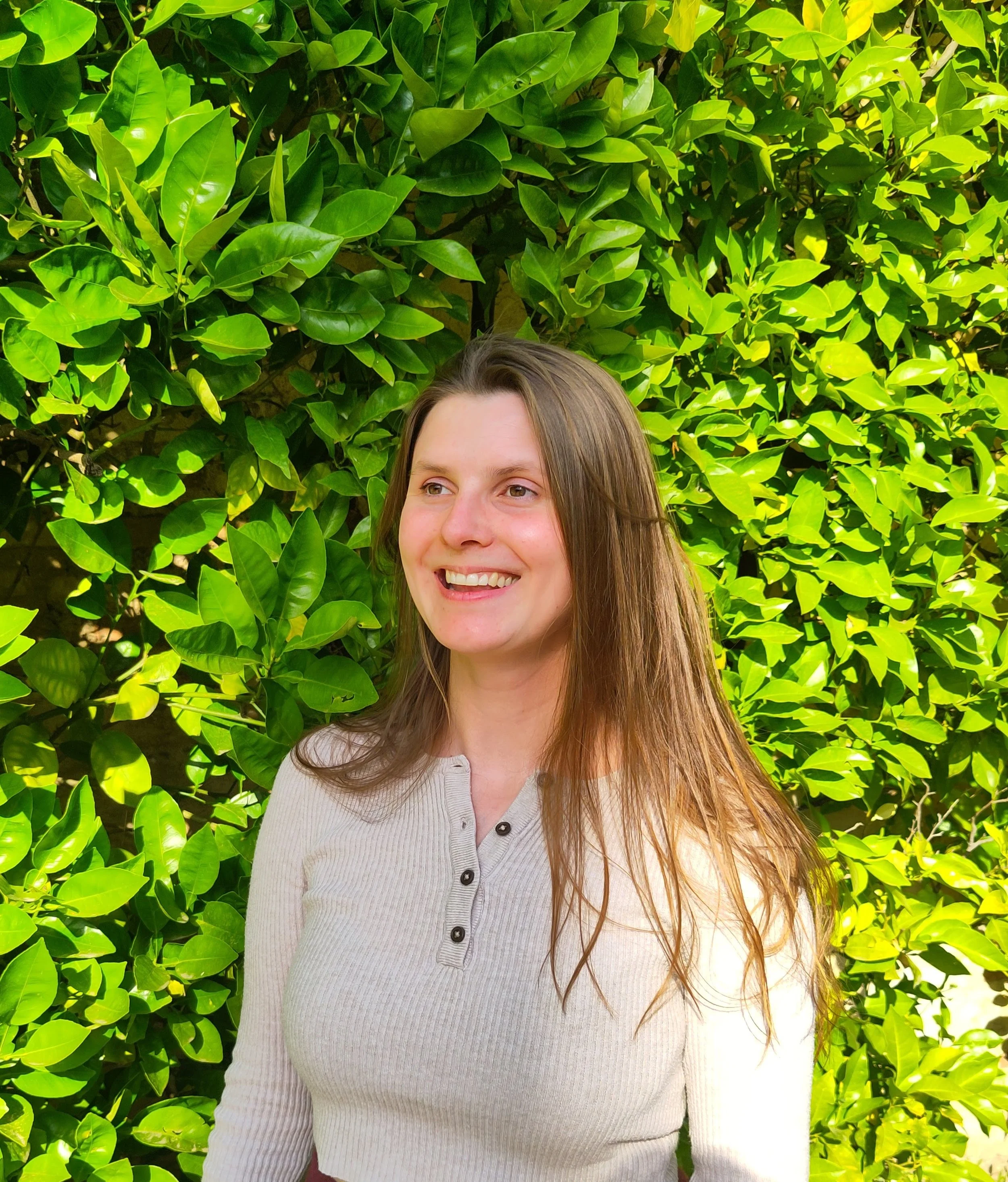
Melanie Arp
Geospatial Data Scientist at Sensing Clues, Developer of geospatial tools for the Nature FIRST Horizon Europe Research & Innovation Programme, with a focus on co-creation projects.
“Mapping wild spaces to support the boots on the ground in protecting the natural environment.”
-

Marian Mierla
Expert in remote sensing and GIS, Designer of multi-scale spatial databases and techniques for digital map creation.
“Holistic thinking and multi-scale action are essential in natural systems.”
-
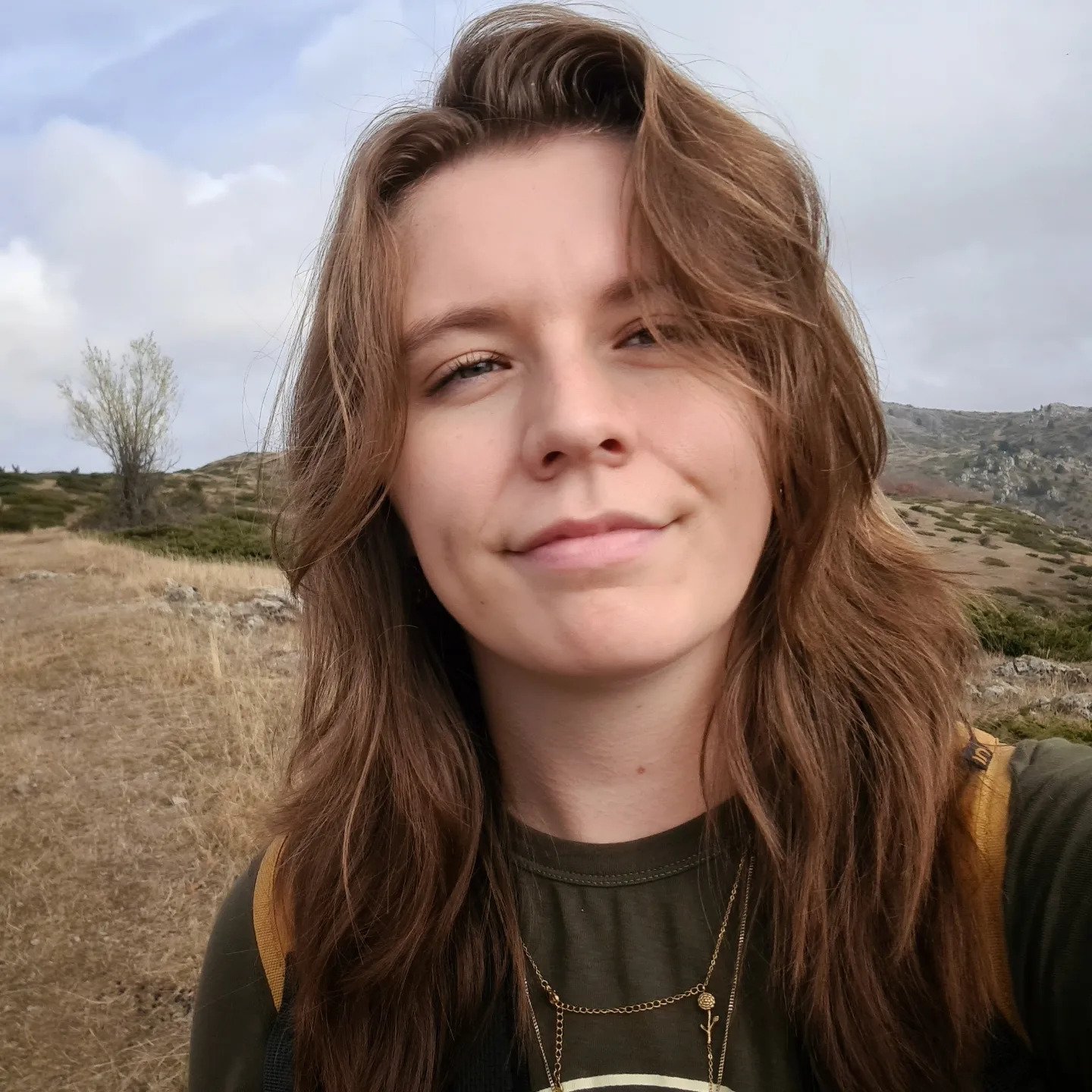
Anna Davison
PhD Candidate at Wageningen University, developing digital twins to tackle human-wildlife conflict and support endangered species conservation.
“Working collaboratively to apply ecological models to real-world conservation issues and produce actionable information.”
-

Fred Stolle
Director impact for Land and Carbon Lab, Global forest Watch at the World Resources Institute (WRI). Geographical Information System (GIS) and Remote sensing specialist.
“This conference is a unique opportunity to bring together digital tools—both global and local remote sensing—policymakers, and participatory conservationists to enable data-driven decisions that support the protection and sustainable management of natural lands for both people and nature.”
-

Niels Raes
Programme Manager at Naturalis, where he leads the EU-funded Biodiversity Meets Data project and develops tools like THRIVE to support biodiversity monitoring and corporate sustainability reporting.
-

Martine van Zijl Langhout
Vet at ARTIS Zoo in Amsterdam and author of Over Leven in het Wild. With decades of global experience in wildlife conservation, including gorilla protection, wildlife forensics and large-animal anaesthesia, she now focuses on inspiring connection and cooperation in nature conservation through education.
-

Dr Cristian-Remus Papp
He leads the Wildlife Department at WWF Romania and is active in key global and international networks including IUCN, IENE. Cristian also teaches at the Babeș-Bolyai University Cluj-Napoca.
“I cannot imagine people without nature, but rather nature without people. The conference brings together leading experts with key solutions for a future where people and nature thrive together.”
-
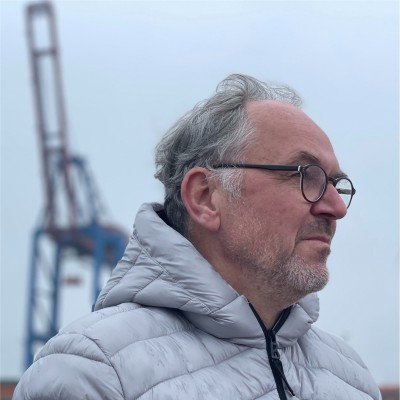
Martin Spitholt
Executive Director of Sustainable Scale-up Foundation and Wildlife Forensic Fund
-

Nikola Ganchev
PhD Candidate at IBER-BAS and working in Science Communication and Biodiversity Monitoring & Conservation
-
Iva Toncheva
Journalist/PR & Communications Expert. Senior team leader of the Bulgarian News Agency’s Social Media Department with experience with the BBC World Service.
“Conservation matters. Communication on nature conservation matters even more. It’s important to bring nature conservation to media as the media are the medium (in terms of tool, one the meanings of this word in Latin) to reach people and have their understanding and support for the conservation efforts.”
-

Stefania Volani
Researcher at University of Trento. Ecologist and GIS specialist working on the Biodiversa+ EU funded TransWILD project. Her work combines ecological data with sociological insights to better understand human-wildlife interactions.
“Multidisciplinarity is key to find coexistence when dealing with the challenges of human-wildlife interactions.”
-

Simona Capelli
Research Fellow at University of Trento. Currently involved in the TransWILD project, focusing on nature perceptions, human-wildlife interactions, and community engagement in Trentino, Italy.
“Understanding the human realities that inhabit a given territory is essential for achieving coexistence between humans and wildlife.”
-

Kyle Luca Jewell
PhD Candidate, University of Inland Norway / Researcher, University of Trento.
Specialises in human-nature interactions and socio-ecological systems, with a strong focus on values, identities, and landscape change. Currently working on the TransWILD project. -

Mike Odenhoven
CEO and Steward of Sumthing; a digital platform that connects supporters with curated nature organisations in a way that they can transparently see the impact of their support.
“Let's create nature's comeback story, together“
-

Dr Greg Simpson
Managing director and co-founder of the Wildlife Forensic Academy, and qualified veterinarian in South Africa
-

Michael O'Brien-Onyeka
Executive Vice President of Global Partnerships at Nature For Justice, where he builds partnerships that support locally driven, nature-based climate solutions. With a background in senior leadership at Conservation International, Greenpeace, and Amnesty International, he brings deep experience in strategic collaboration across sectors and continents.
“Well-aligned partnership ensure that communities are empowered for lasting climate resilience”
-
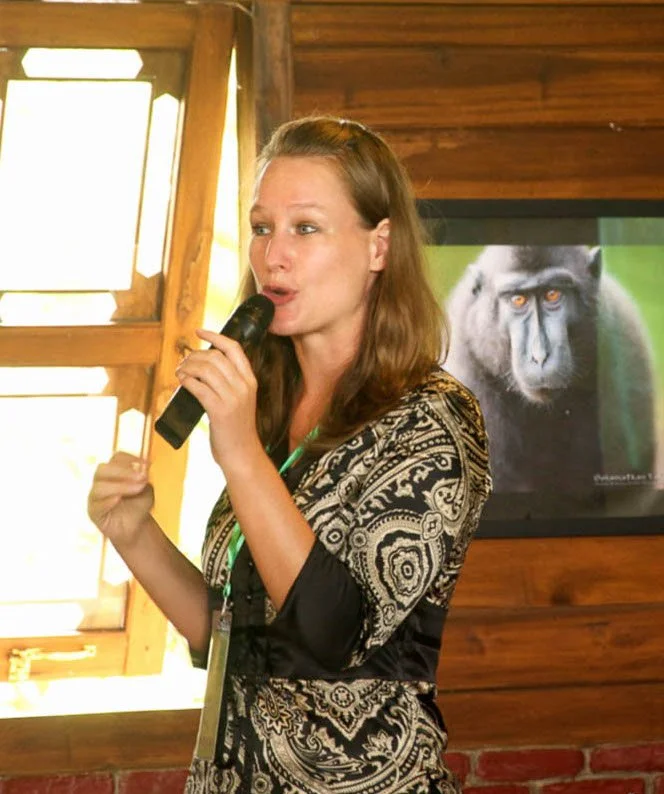
Dr Thirza Loffeld
Co-founder of WildHub and capacity development expert helps organisations co-create purposeful, professional communities.
“Nature First reflects what conservation needs most: spaces that connect us to learn and collaborate. Let’s continue the conversation year-round by bringing these communities online.”
-
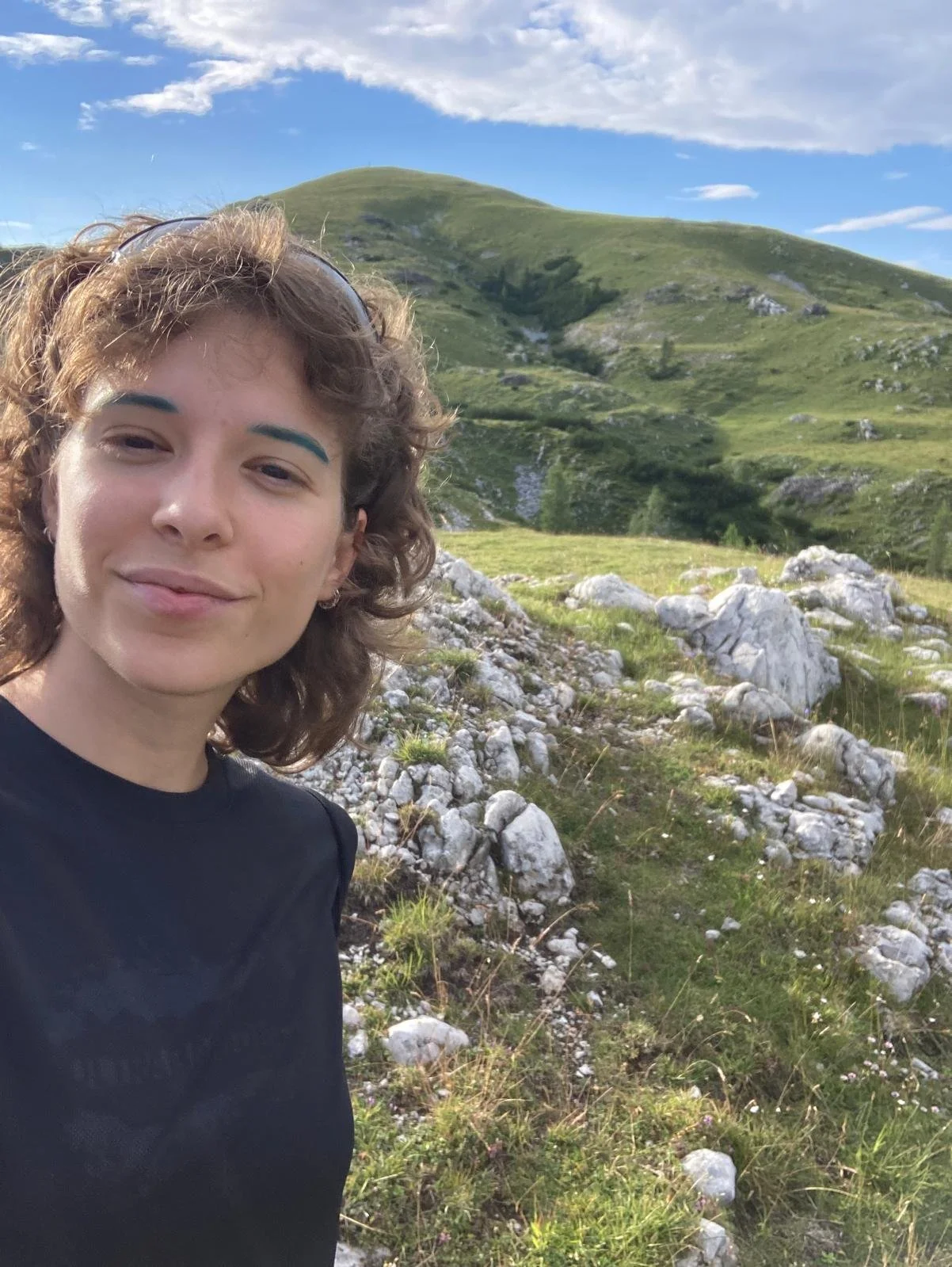
Janka Faller
Market Researcher at Nature FIRST and MSc student of Urban Ecosystem Sciences at TU Berlin.
“This conference is a great opportunity to explore how turning biodiversity data into usable, funded, and embedded monitoring services requires bridging ecological knowledge with institutional demand. This is essential in order for tools like ours at Nature FIRST to contribute to long-term conservation impact.”
-

Bodie Grove
Sustainability & impact analyst for private sector finance, BSc International Land and Water Management from WUR. Helping investors to quantify the environmental and social impacts of their portfolios and pushing companies to position themselves competitively as sustainability pioneers.
“The greatest barrier to funding a sustainable planet is language.”
-
José Kok
Chair of the board of Ouwehand Zoo Foundation (OZF), member of the board of the Black Vulture Conservation Foundaton (BVCF) and Globe Guards; Biologist at Ouwehand Zoo Rhenen; EAZA Brown bear EEP coordinator; Member of the IUCN SSC Brown Bear Specialist Group
-

Ingrid Vermeulen
As Director of Bears in Mind, a Dutch foundation dedicated to the protection of bears, Ingrid leads efforts to improve the welfare of bears in need. Based in the Netherlands, the organisation supports and initiates bear conservation and welfare projects across the globe, focusing on both rescue and long-term protection.
Do you want to be part of the Nature FIRST conference?
Secure Your Spot Today!
Free Admission Form
The Nature FIRST Conference welcomes professionals, researchers and organisations working in, or supporting, nature conservation, wildlife protection, environmental data and related fields.
Nature FIRST consortium members and their guests receive free admission. We also reserve a limited number of complimentary places for organisations whose mission aligns with our conference themes.
To be considered, simply tell us your organisation’s name and share a link to your website. Our team will review this information and confirm your eligibility.
If that sounds like you, complete the short registration form here:
Become a supporter!
What’s Included in the Conference Package:
Full access to two days of workshops, discussions, and co-creation opportunities, where you’ll have the chance to give your input and shape the dialogue on key conservation issues. This conference offers space for everyone to contribute and learn. Whether you're representing an NGO, a research institution, or another organisation, your presence will enrich the dialogue and foster connections that last beyond the conference.
Lunches, coffee breaks, and a special dinner will be provided, ensuring you’re nourished while engaging with the community.
Access to Ouwehands Dierenpark and a tour to connect with wildlife and gain further inspiration for your work.
Parking ticket
Supporter Options:
Early Bird Supporter Package: €250 (Limited availability)
Standard Conference Package: €295
All attendees will receive their tickets via email one week before the event.
Supporters and Partners of this Conference
-
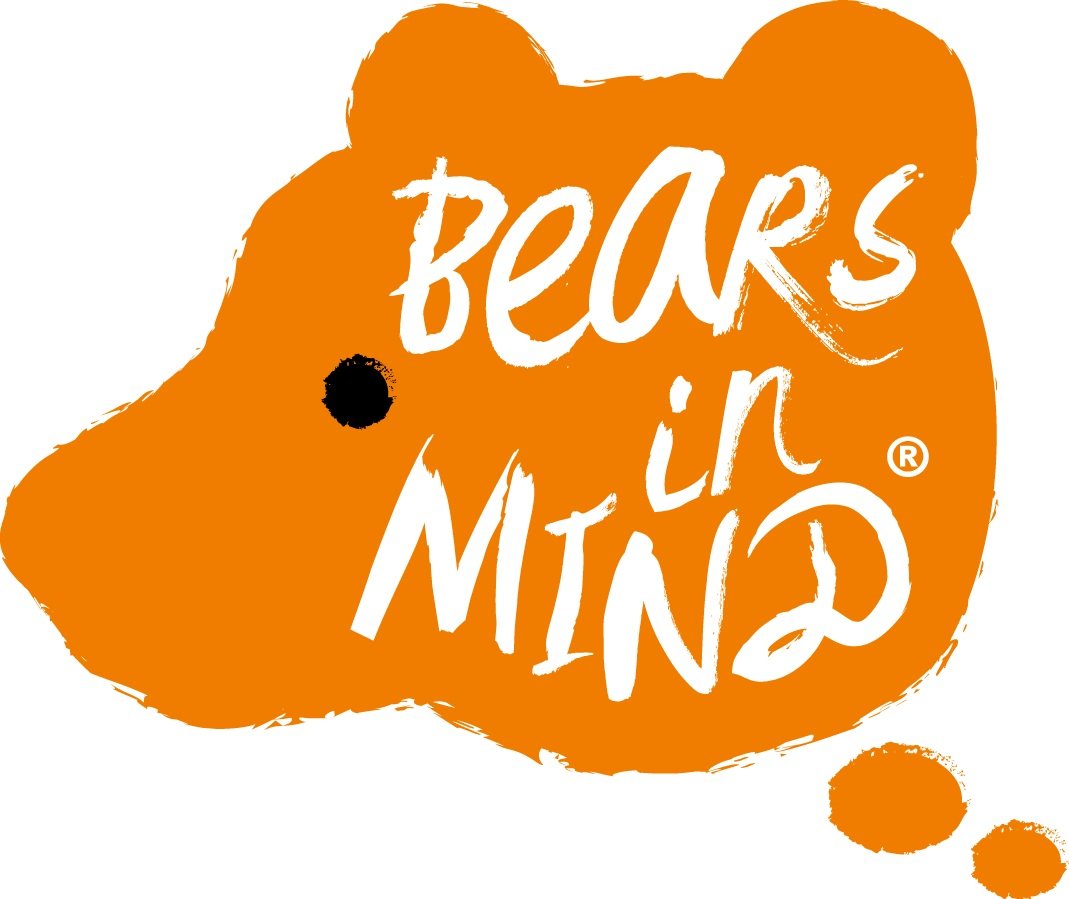
Bears in Mind
Partner
Bears in Mind is a Dutch foundation dedicated to protecting bears in the wild and rescuing those in captivity who suffer from poor conditions. For over 30 years, the organisation has improved bear welfare through rescue efforts, education, and nature conservation. Known for its sanctuary Het Berenbos in Ouwehands Dierenpark, Bears in Mind provides a safe haven for traumatised bears and works to create a future where humans and bears coexist harmoniously.
-

Ouwehands Zoo Foundation
Partner
Ouwehand Zoo Foundation (OZF) is dedicated to supporting global nature conservation, species preservation, and education. Through funding and partnerships, OZF helps protect habitats from poaching, supports species conservation, and raises awareness about the importance of biodiversity. Over the past 16 years, OZF has donated over €10.9 million to conservation projects worldwide.
Gain an overview of all beneficiary consortium partners here




